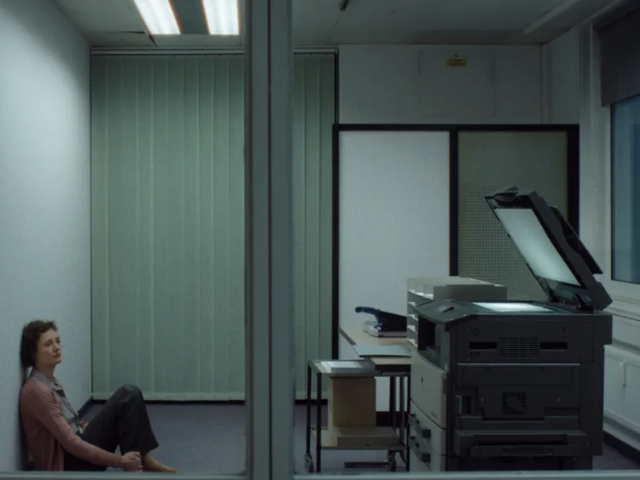
Sure, Paul Thomas Anderson and Darren Aronofsky have had more critical acclaimed heaped on their shoulders while Michael Bay, Uncle Scrooge style, has probably stashed his box-office receipts in a vault-cum-swimming pool. But only Fincher has accumulated the critical cachet and mainstream success that defined the Scorcese-Lucas-Spielberg-Coppola generation of the 70s. From Fight Club, through Seven and Zodiac, right up to The Curious Case of Benjamin Button, Fincher has been a fixture at awards shows and at the top of the box office.
With this latest venture, Fincher has touched the crest of a zietgiest — and not a moment too soon. The Social Network, as everyone must be wearily familiar by now, tells an extremely fictionalised tale of Mark Zuckerberg and Facebook. From his Harvard days where, screenwriter Aaron Sorkin posits, Zuckerberg was a social outcast looking to score dates (false), and stole the idea of Facebook from a couple of jock/genius twins (doubtful) to go on to create one of the most hyped companies of the tech area (true).
But The Social Network is so much more than just a controversial retelling of the Facebook myth. Fincher and Sorkin have aimed for something much grander, a Way We Live Now epic, and for the most part they have succeeded. Along with eternal themes of jealousy and ambition, the film unpacks what it means to search for perfection, and even salvation, in an interconnected world.
Much has been made of the fact that Zuckerberg’s life and motivations have been distorted beyond recognition, almost simplistically so to make him fit the classic anti-hero mould. What has been overlooked is how actor Jesse Eisenberg, without ever slipping off his stony-faced mask, shows the neediness and desperation of Zuckerberg without ever altering his staccato delivery.
Fincher and Sorkin may be one of the more unlikely partnerships around. Sorkin is famous for his breathless, melodramatic, over-the-top writing in A Few Good Men and his TV show “The West Wing”. Fincher is a deliberately understated director who teases mood and tension out of every scene. But this seeming mismatch works. Sorkin is given the freedom to be as wordy as he pleases while Fincher creates the darkness both with imagery and Trent Reznor’s spooky score. The result is the most talkative silent movie ever made.
Published in The Express Tribune, November 14th, 2010.






1732705114-0/Untitled-design-(7)1732705114-0-270x192.webp)

1732687571-0/Untitled-design-(2)1732687571-0-270x192.webp)








COMMENTS (2)
Comments are moderated and generally will be posted if they are on-topic and not abusive.
For more information, please see our Comments FAQ